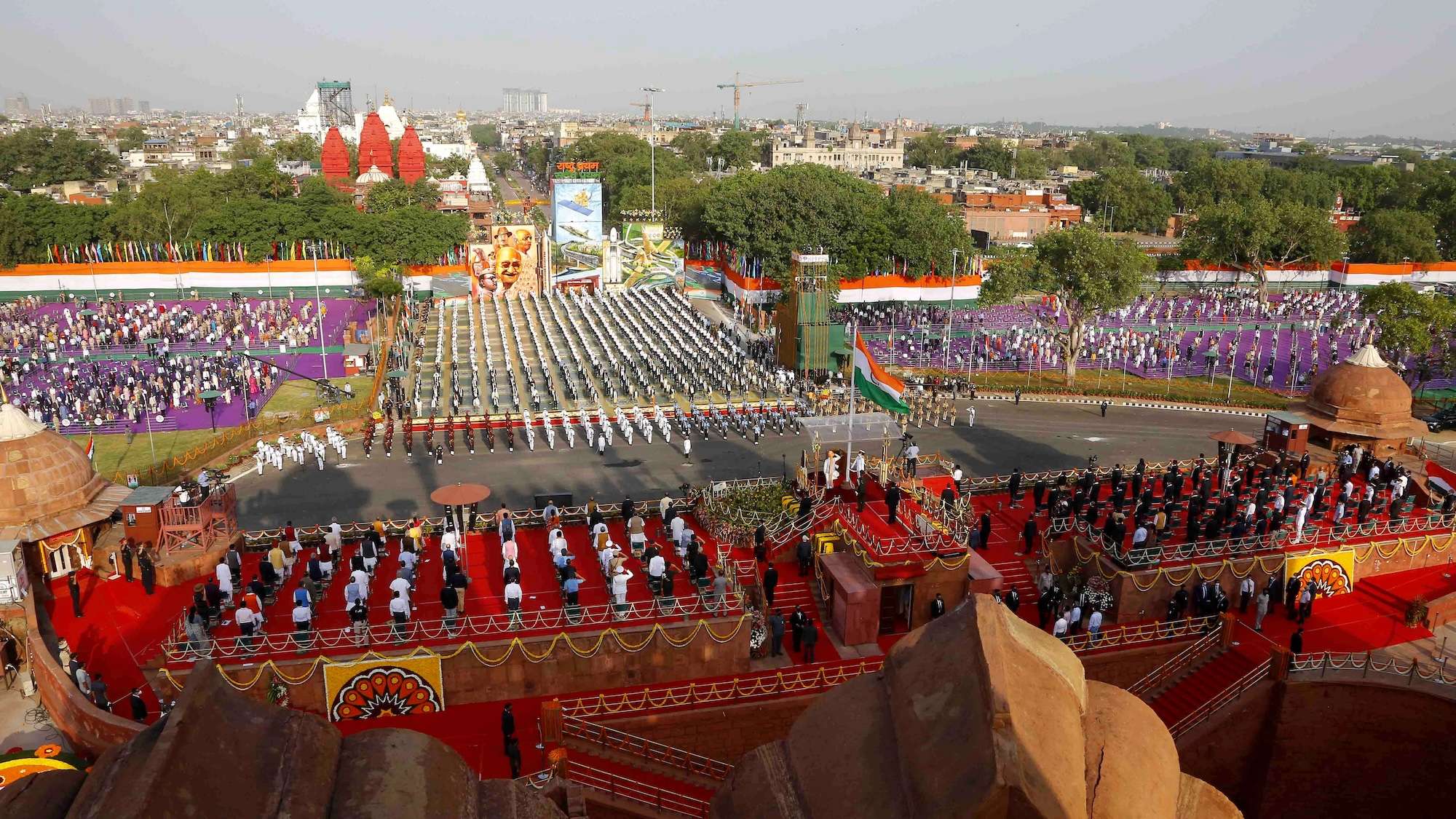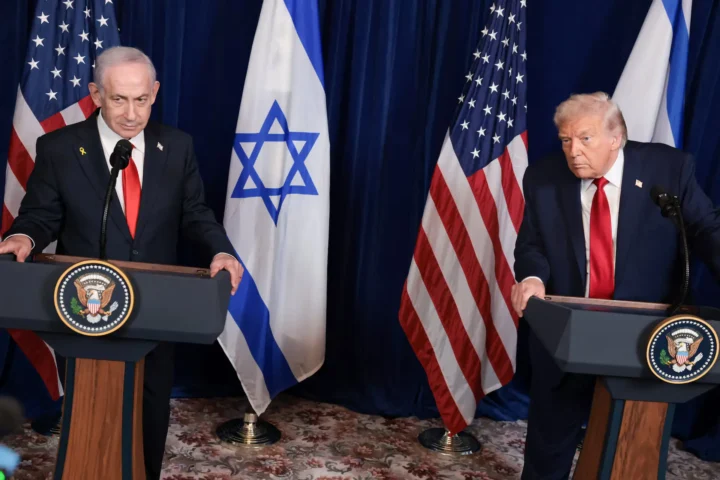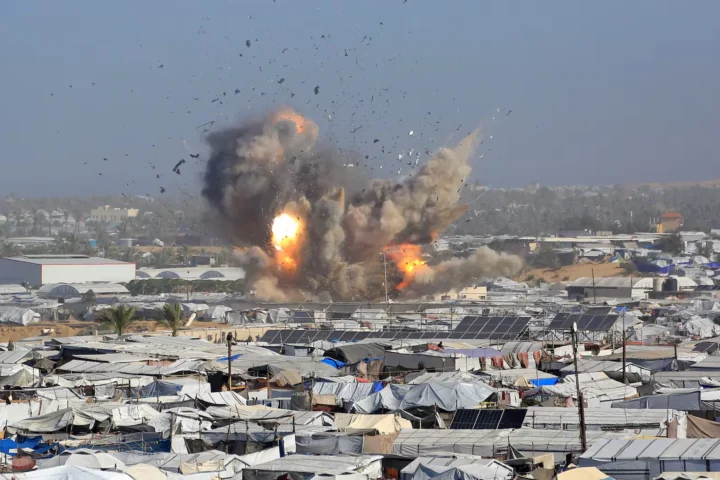As India marks the 78th anniversary of its independence, the nation’s democratic experiment stands as a remarkable testament to the resilience and adaptability of its people. Amid the rising global pessimism towards liberal democracies and the re-emergence of anti-democratic forces across South Asia, India’s democratic journey continues, albeit with its share of struggles. The Indian experiment with democracy, which began on this day in 1947, remains a beacon of hope for the Global South—a region where democratic aspirations often clash with harsh political realities.
India’s endurance as a democracy is not just a testament to its electoral processes but to the substantive democracy it has cultivated. Unlike many of its neighbors, where democracy often remains procedural—a façade maintained through elections—India has woven the democratic spirit into the very fabric of its society. The diverse mosaic of castes, languages, and religions that form India’s electorate is a living representation of the nation’s commitment to democratic pluralism. It is this very diversity, often viewed as a challenge, that has strengthened India’s democratic resolve.
In South Asia, where democratic institutions frequently struggle, India shines as a testament to the resilience and strength of democratic governance, demonstrating the power of a robust and inclusive democratic framework
However, while India’s democratic edifice stands tall, the neighborhood is teetering on the brink of collapse. Sri Lanka, Myanmar, Pakistan, and Bangladesh find themselves in the throes of political and economic turmoil, with democratic rule and civilian authority increasingly undermined. In contrast, India’s constitutional framework has largely withstood the tests of time, offering a model of resilience in a region fraught with instability.
India’s success in embedding democracy within its society can be attributed to several factors. The country has built robust welfare delivery mechanisms, such as the Mahatma Gandhi National Rural Employment Guarantee Scheme and the Public Distribution System, which have played a crucial role in bridging economic disparities. Affirmative action programs have sought to address the historical inequities of the caste system, while the devolution of governance to local institutions like the Panchayati Raj has empowered citizens at the grassroots level. Economic freedom, too, has been a cornerstone of India’s democratic ethos, with free trade offering a pathway to prosperity for millions.
The Indian military, often a key player in the political narratives of South Asia, has maintained an unwavering commitment to the country’s democratic ideals. Unlike its counterparts in the region, the Indian armed forces have refrained from interfering in civilian governance, standing as guardians not just of India’s borders but of its constitutional order. This sacrosanct faith in democracy is a rarity in a region where military coups and authoritarian regimes are all too common.
Yet, for all its achievements, India’s democratic journey remains incomplete. The promise of the Constitution—justice, liberty, equality, and fraternity—has not been fully realized. Economic inequality, religious and caste-based polarization, corruption, and a growing apathy among the youth towards democratic values are eroding the rule of law. These challenges, if left unaddressed, threaten to unravel the very fabric of India’s democracy.
It is time for India to move beyond the goals of early independence and embrace the aspirations of a modern, dynamic nation. The social contract between the state and its citizens must be renewed and strengthened. We must replace the culture of silence with one of transparency, the culture of violence with one of peace, and the culture of exclusion with one of inclusion. The politically astute Indian electorate, increasingly fixated on electoral politics, must rediscover the power of issue-based movements—movements that have historically driven social and political change, from the Dandi March to the recent farmers’ protests.
India’s democracy stands as a beacon of hope in a region often overshadowed by authoritarianism and political instability. Its vibrant electoral processes and commitment to democratic principles showcase a path forward for South Asia.
As we celebrate this Independence Day, let us honor the farmers in their fields, the teachers in rural classrooms, the soldiers guarding our borders, and the countless public servants who ensure that the benefits of democracy reach every corner of our vast nation. They are the custodians of India’s democratic journey, ensuring that it continues to thrive despite the challenges it faces.
India stands at a crossroads. The choices we make today will determine whether our democracy remains a beacon of hope in a troubled world or whether it succumbs to the forces of division and disillusionment. As we look to the future, let us do so with the conviction that India, with its rich democratic heritage, can and will rise to the challenges of the 21st century.











